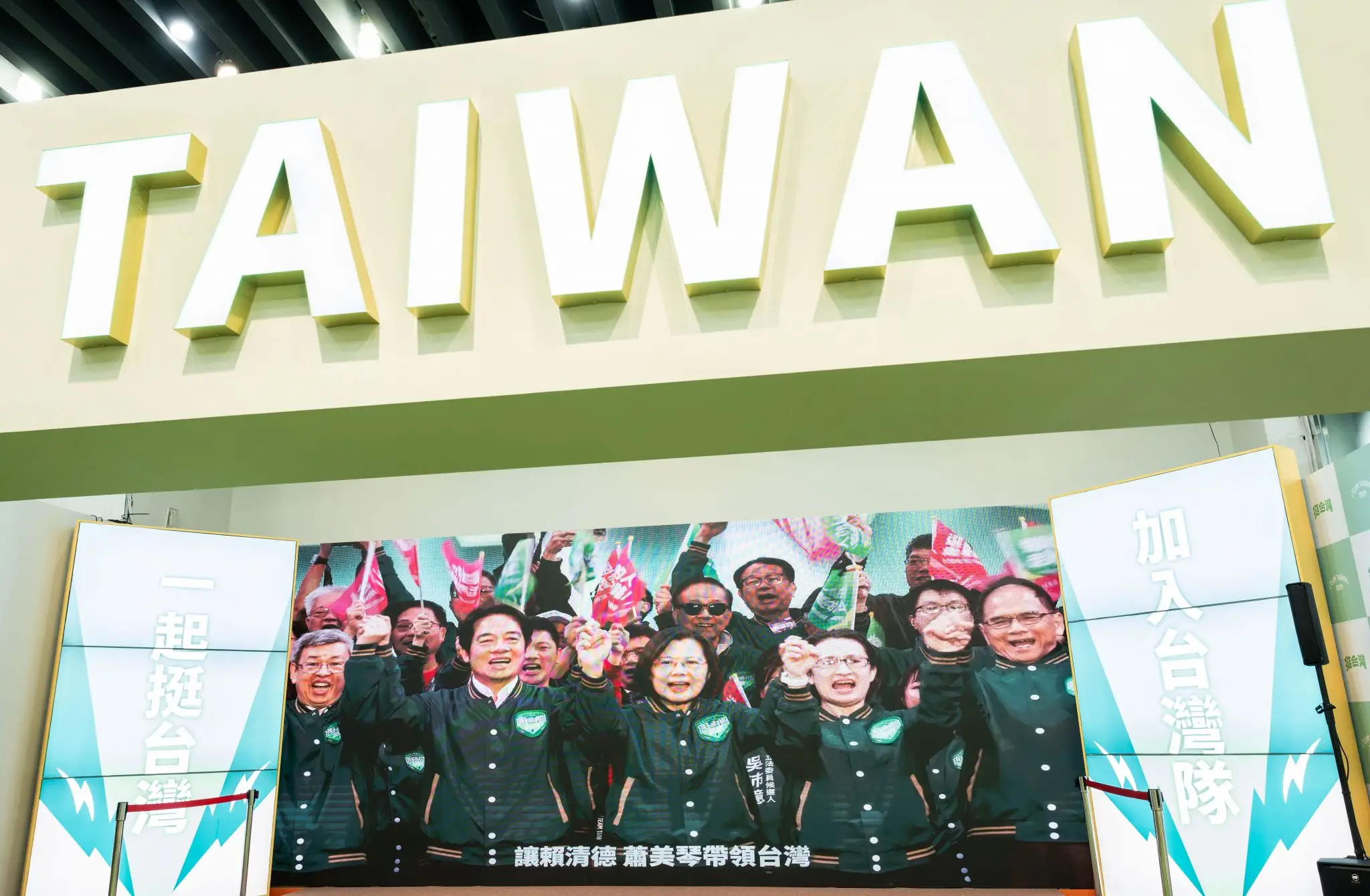Taiwan’s upcoming election on January 13th has brought a surge of fervent campaigning across the island-state. With the ruling Democratic Progressive Party (DPP) and the Chinese nationalist Kuomintang (KMT) framing the vote as a choice between “democracy and autocracy” and between “war and peace,” it’s clear that much is at stake in this pivotal moment for Taiwan’s future.
While the future of Taiwan’s relations with the mainland has always dominated the campaign, it is not the sole determinant of who will become Taiwan’s next president. At campaign rallies, voters can be heard discussing not only geopolitical concerns but also pressing domestic issues such as wages and housing. In fact, the majority of voters prioritize economic development over national security and cross-strait relations, particularly among the younger demographic.

The Changing Landscape of Taiwanese Politics
Traditionally, Taiwan’s voters have aligned themselves along identity lines, with those favoring Taiwanese sovereignty supporting the DPP, and those desiring closer ties with mainland China favoring the KMT. Given the increasing number of Taiwanese identifying as Taiwanese rather than Chinese, one might expect an easy win for the DPP. However, recent polls indicate a much closer race, with the DPP leading by only a few points and the KMT capturing a significant portion of the vote.
Enter the Taiwan People’s Party (TPP), a newcomer to the political scene. Campaigning primarily on bread-and-butter issues, the TPP has garnered support from approximately a quarter of voters, particularly among the younger generation. These voters, while identifying as Taiwanese, do not necessarily align themselves with the DPP solely based on that sentiment. Instead, they seek change and hope for solutions to economic challenges such as inflation and expensive housing.
/cloudfront-us-east-2.images.arcpublishing.com/reuters/NPSDVCU3CZIBXGGV5TFAVPELXM.jpg)
Economic Considerations and Cross-Strait Relations
For many KMT supporters, there is a direct link between cross-strait policy and Taiwan’s economic future. The KMT’s presidential candidate, Hou Yu-ih, has pledged to revive a cross-strait service-trade agreement that would open Taiwan’s service sector to mainland China. While this agreement was previously halted due to mass protests in 2014, trade and dialogue with China remain popular within the KMT’s conservative base.
At a KMT rally in Keelung, a northern port city in Taiwan, Wang Gui-chu, a 65-year-old pensioner, expresses her disappointment with the DPP’s handling of the China threat. She points out that the DPP criticized the Economic Co-operation Framework Agreement (ECFA), a cross-strait free-trade pact signed by a former KMT president, Ma Ying-jeou. However, once in power, the DPP retained the agreement. Wang believes that the DPP’s rhetoric is merely a talking point, and insists that the Communist Party is not as evil as portrayed. She emphasizes the economic benefits derived from China’s purchasing of Taiwanese products and the employment opportunities it provides for Taiwanese citizens.
While some KMT supporters share this sentiment, others express concerns about China’s economic slowdown potentially leading to increased aggression towards Taiwan. These supporters believe that Taiwan’s best course of action is to engage in friendly dialogue with China to maintain stability. As a result, they are torn between voting for either the KMT or the TPP.
DPP’s Stance on China and Taiwan’s Future
At a DPP rally in New Taipei, the exurbs of the capital, Cody Chen, a 30-year-old finance worker, asserts her support for the ruling party due to its perceived ability to resist China’s pressure. Chen argues that as China’s economy slows, it becomes increasingly illogical to push for integration with it. Regarding the threat of war, Chen believes it exists regardless of who wins the presidency. She argues that Taiwan should demonstrate its willingness to defend itself, which could potentially garner support from other countries in the event of a Chinese invasion.
However, even within the DPP’s supporter base, there are dissenting voices. Many of Chen’s peers have chosen not to vote for the DPP this year, indicating a level of disenchantment with the ruling party.

The Complex Electoral Landscape
The upcoming election is unlikely to produce a clear majority for any candidate, and the parliamentary elections taking place on the same day may result in different parties controlling the assembly and executive branches. This potential outcome raises concerns about gridlock on crucial issues such as defense spending and cross-strait trade.
The election results will offer a snapshot of Taiwan’s trajectory, but the debates surrounding Taiwan’s future will undoubtedly continue. The outcomes of these elections will shape the country’s political landscape and have far-reaching implications for Taiwan’s relationship with China and its economic development.
In conclusion, while Taiwan’s elections have traditionally been dominated by the question of cross-strait relations, it is evident that voters prioritize economic development and domestic concerns. The changing demographic landscape and the emergence of the TPP as a viable alternative to the traditional parties further complicate the electoral landscape. As Taiwan heads into this crucial election, the future of the country hangs in the balance, with decisions made in the voting booths shaping the path ahead.
